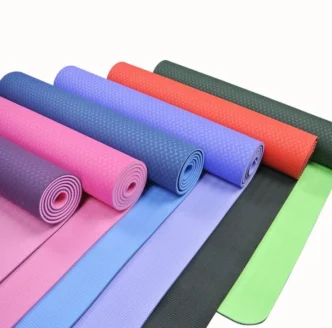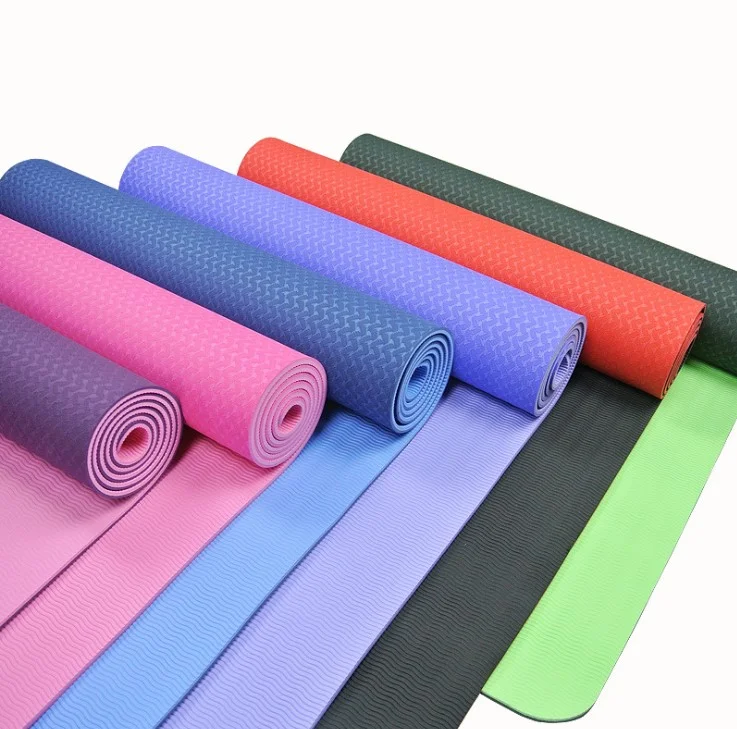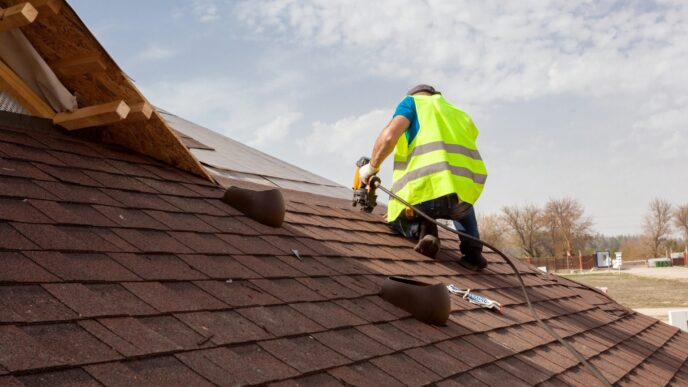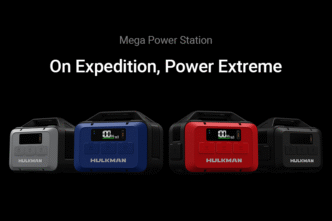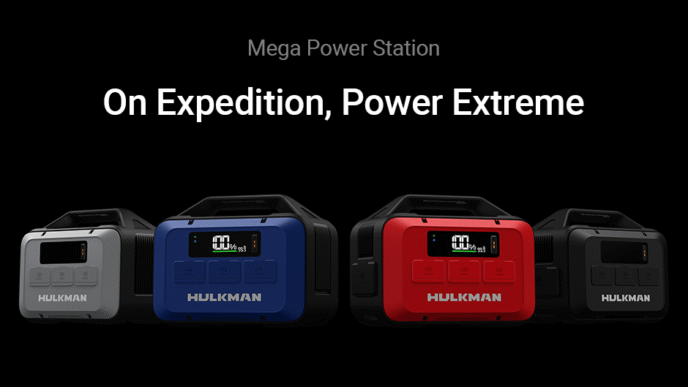Yoga is a path of mindfulness, balance, power, and self-discoveryEvery journey starts with a solid base with that of the mat. As yoga is gaining popularity throughout the world the importance of having a durable, well-made and a sustainable yoga mat becomes more apparent. However, have you stopped to consider what your yoga mat is made from? And how it’s manufactured? In the middle of this crucial tool is the manufacturing of yoga matsthe place where technology quality, craftsmanship, and well-being meet.
This article provides an in-depth look into the functioning of a mat manufacturer and what differentiates a good manufacturer from a simple one, and how top-quality yoga mat factories support the health revolution. No matter if you’re a studio’s owner instructor, retailer or a yoga lover knowing the process and the priorities that go into a mat manufacturer can help you make better choices for your practice, your business as well as the environment.
The Growing Demand for Quality Yoga Mats
Yoga has grown in popularity over the last two decades. With an ever-growing number of students — including corporate health programs to luxury retreats to at-home beginner classes need for mats and yoga has increased rapidly. But when mass production is involved, it usually comes a loss in terms of sustainability, quality and design.
The increase in demand for yoga has led to a demand not only in the form of more yoga mats but also for superior ones mats that are safe and durable, as well as supportive environmentally friendly, and suitable to various types of yoga. A properly-equipped yoga mat factory is vital to meet this demand, while preserving the core values that make yoga a meaningful practice.
What Is a Yoga Mat Factory?
The Yoga mat manufacturer can be described as a manufacturing facility that produces mats to practice yoga, pilates and other similar activities. These factories usually produce mats constructed from a range of materials like PVC natural rubber, TPE, cork and Jute. The material you choose impacts the mat’s performance in terms of grip, ease of use, durability, and the impact on the environment.
In a Yoga mat manufacturing plant, production method usually consists of:
- Material Sourcing and Testing
- Molding and Pressing
- Cutting and Shaping
- Texture and Grip Application
- Guideline and Design Printing
- Quality Control Checks
- Packaging and Customization
Each step requires careful attention to ensure that the product is compatible with not just the physical requirements of the practitioner, but also their ethical and environmental considerations.
The Importance of Choosing the Right Factory
All yoga mat manufacturing facilities are made in the same way. Some are focused on low-cost, large-scale production with no consideration to worker safety, quality or environmental accountability. On the other hand high-end factories are focused on creating value through innovative processes and high-quality assurance, ethical work practices, and environmental awareness.
Here are some of the key elements that distinguish a reliable yoga mat manufacturer:
1. Material Quality and Innovation
High-end yoga mat manufacturers supply premium, non-toxic and safe materials. Organic cotton, natural rubber cork, cork and recyclable TPE are favored by companies that are eco-friendly. The capacity of the manufacturer to innovate by inventing antimicrobial features or body-alignment styles is a huge benefit.
2. Customization Capabilities
In the current competitive marketplace the fitness and yoga industry, brands and retailers frequently seek customized mats with their brand’s logos, slogans or have specific dimensions. A factory that is capable of offering numerous options of customizationin terms of size and color to thickness and brand.
3. Sustainability Practices
Modern yogis are aware of their impact on the environment. Leading factories employ green manufacturing practices, reduce the amount of waste produced, employ water-based inks, and develop recyclable or biodegradable items. They may also have certifications such as ISO or OEKO-TEX. SGS to demonstrate their commitment to sustainability.
4. Durability and Comfort Standards
A top-quality mat should be able to last for years of daily use, without breaking or loosening grip or deteriorating. A company with a solid R&D as well as quality control can make products that are able to withstand the requirements of a variety of yoga styles such as restorative and power yoga.
5. Compliance and Ethics
Responsible yoga mat manufacturers comply with international labor laws and provide decent wages, safe work spaces, and operate in a transparent manner. The production of ethically-produced products isn’t just an ethical concern It’s also being required by the most discerning of consumers.
Global Distribution and B2B Partnerships
Yoga mat factories cater to not only individuals as well as bulk customers like:
- Yoga studios
- Health clubs
- Corporate wellness programs for corporate wellness
- Retreat centers
- Retailers of sports
- Brands that sell on the internet
They typically need large-scale orders and consistent quality, as well as private labeling, and prompt worldwide shipping. A reputable factory can provide organized B2B services as well as bulk discounts, as well as quick support for business clients.
Technology Inside a Yoga Mat Factory
Modern yoga mat manufacturers are using modern technology to improve efficiency and increase the quality of the product. The most significant advances are:
- Precision Cut-off Machines ensures an even sizing and shape.
- The Heat Pressing Technology to ensure consistency in density and durability of multi-layered mats.
- Laser Guiline Printing for mats with alignment that have precise markers for body-position.
- Environmental Management Systems to reduce water consumption as well as emissions and waste.
These tools improve the user experience, minimize human errors, and boost the efficiency of factories, allowing quicker turnaround times and lower operating cost.
Choosing a Yoga Mat Manufacturer for Your Brand
If you’re considering launching the yoga line or equipping an existing wellness center, choosing the right supplier is vital. Here are some of the questions you should inquire about when you are evaluating the yoga mat manufacturing facility:
- Are they able to produce different types (standard travel eco, thick)?
- Do they allow private label as well as white label manufacturing?
- What are their minimum order amounts?
- Do they meet international compliance standards?
- Are they able to provide a proven track record of working with trusted brands?
- Are they willing to prototype or testing materials?
- Are they using safe and sustainable practices?
A Recommended Yoga mat manufacturer : FDM Yoga
If you are a yoga professional or business searching for a trustworthy, high-end yoga mat maker, FDM Yoga is a top option.
FDM is a reputable yoga mat maker that is known for its premium custom-designed mats that offer the best of comfort, performance and environmental sustainability. Established in 2015, FDM has expanded to become an international company that offers:
- Regular Yoga Mats Multi-functional for daily use.
- Maps for Travel lightweight and foldable for those who need to travel.
- Super-Thick Yoga Mats ideal for restorative and therapeutic yoga.
- Body-Alignment Guidlined Mats are designed to aid in maintaining specific postures.
With a focus on technological excellence and environmentally conscious manufacturing, FDM allows studios, retail stores and wellness brands to provide top-quality yoga experiences to their customers. FDM’s ability to meet huge wholesale orders, paired with a variety of customization options and a high quality assurance, makes FDM an ideal choice for companies who want to make an unforgettable impression.
The Future of Yoga Mat Factories
Yoga continues to grow as does the manufacturing facilities that provide its most essential equipment. Future yoga mat manufacturing is directed towards:
- Circular Economy Models offering recycle programs, or taking-back opportunities for mats in good condition.
- Smart Mats are embedded with sensors or other connectivity features to facilitate practice using technology.
- Ultra-Lightweight High-Performance Materials to improve mobility without compromising support.
- The Community-Centered Product investing in local economies as well as artisan collaborations.
Sustainable and ethical methods aren’t a luxury -they’re now standard expectations. Modern yoga mat factories will continue to develop not just their products, but as well their manufacturing methods and their supply chains.
Conclusion
The yoga mat manufacturing facility is more than just a manufacturing facility it’s the place where tools are born which aid thousands of people in their journey to wellness. As the industry of yoga expands and expands, selecting a facility that is compatible with the principles of sustainability, health and honesty becomes more important.
If you’re a company that needs Yoga mats wholesale, a teacher outfitting your studio, or that is creating your own identity using customized equipment, the manufacturing facility you select can be the key to the quality and appearance of your goods.
One of the most prestigious factories within this industry, FDM Yoga illustrates what it means to integrate technical excellence with a conscious set of values. From personalized mats to sustainable production methods, FDM delivers the quality and dependability that the contemporary yoga industry needs.
The next time you get on your mat, be aware that behind every pose, stretch, and even breath, is the yoga mat factory that created it.

